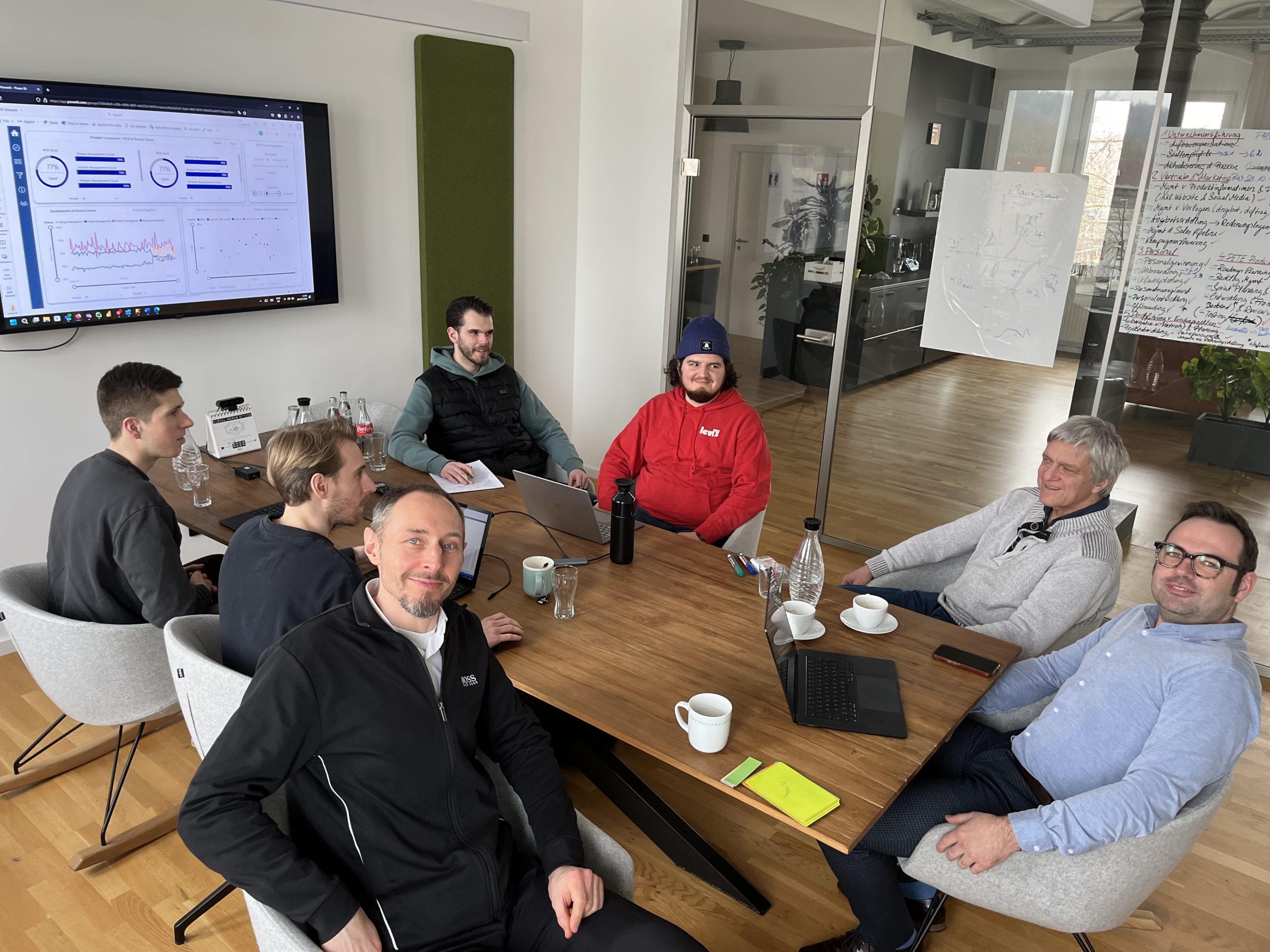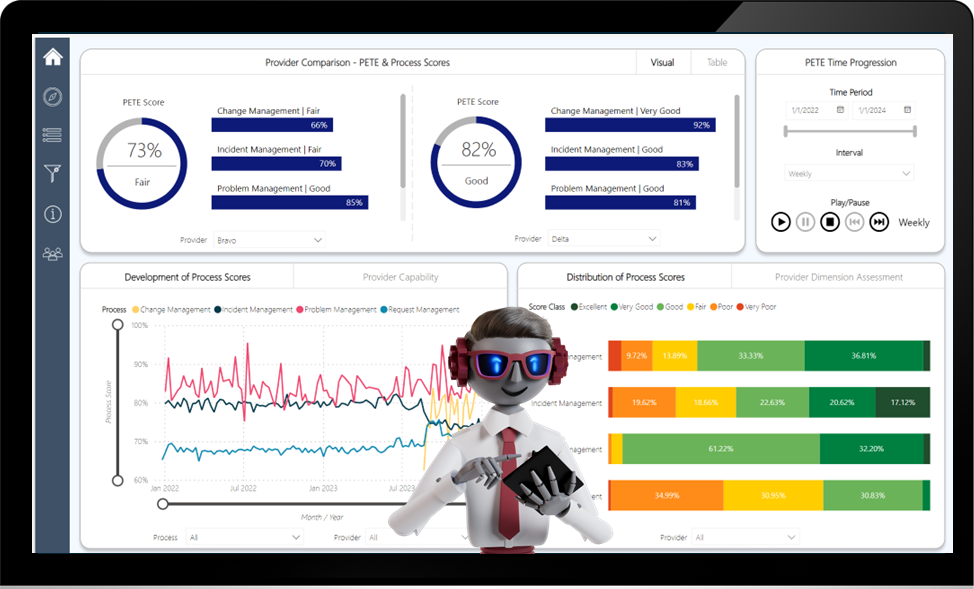
As part of our ongoing commitment to excellence in statistical analysis within the PETE development team, we were honored to host Prof. Jörg Blasius from the University of Bonn’s Institute for Political Science and Sociology. With a focus on applied statistics, Prof. Blasius brought invaluable expertise to our discussions, enriching our understanding, and refining our approach.
🔬 PETE’s collaboration with prestigious academic institutions and research bodies such as the Fraunhofer #FIT Institute underscores our dedication to meeting rigorous scientific standards. Prof. Blasius’s visit provided a unique opportunity to scrutinize PETE’s statistical roots and address lingering questions accumulated over the past two years.
🔍 Throughout our intensive workshop, our team engaged Prof. Blasius with a myriad of statistical inquiries, probing the intricacies of PETE’s scoring logic. We deeply appreciated his generosity in dedicating an entire day to our endeavors, which is a testament to his commitment to fostering excellence in statistical practice.
💡 One pivotal takeaway from our session with Prof. Blasius was the importance of considering task complexity in our process scoring methodology. This insight prompted us to delve deeper into the nuances of complexity assessment within PETE.
❓ The question arose: How can we effectively gauge the complexity of, for example, incident tickets to ensure accurate scoring? Our initial analysis suggests that a multifaceted approach is essential, incorporating various factors to mitigate the risk of “garbage-in, garbage-out” scenarios. In our backlog, we have prioritized exploring the integration of factors such as ticket priority, assignment group dynamics, and the nature of upstream and downstream dependencies on affected configuration items.
🤔 However, we recognize the complexity of this endeavor and extend an open invitation for collaboration and insights from the wider community. How do you perceive the assessment of ticket complexity within statistical frameworks? Your perspectives could offer invaluable guidance as we navigate this pivotal aspect of PETE’s evolution. Share your thoughts in the comments to start a conversation.
🌟 In retrospect, Prof. Blasius’s workshop served as a catalyst for deeper introspection and refinement within the PETE development team. By embracing statistical rigor and engaging with esteemed experts like Prof. Blasius, we are poised to enhance PETE’s analytical capabilities, driving greater value for our users and stakeholders alike. We eagerly anticipate the unfolding chapters of collaboration and innovation ahead.




